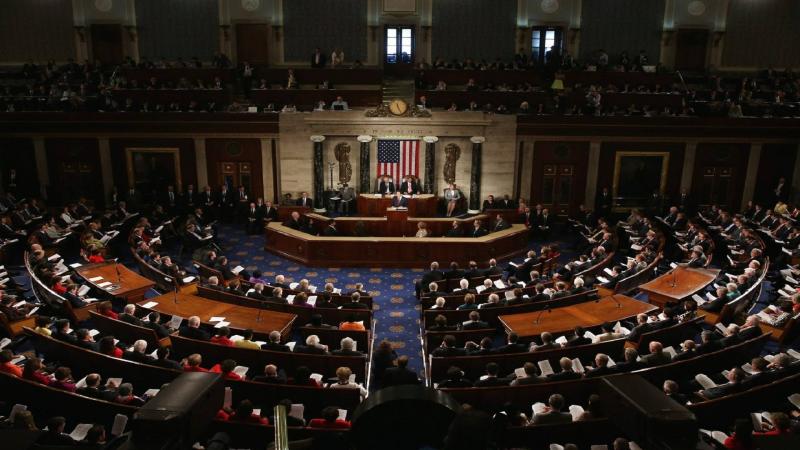The U.S. House of Representatives, controlled by Republicans, rejected a move by conservative Republican lawmakers to end five presidential emergency declarations that allow for sanctions against U.S. adversaries in the Middle East and Africa. Four Republican lawmakers—Lauren Boebert, Matt Gaetz, Paul Gosar, and Eli Crane—used separate measures known as priority resolutions to request votes to end long-standing emergencies involving Syria, Yemen, Iraq, Libya, and the Democratic Republic of the Congo.
The House overwhelmingly rejected the termination of these emergencies after Republican and Democratic lawmakers warned that ending them would lead to the unfreezing of assets belonging to militia leaders, arms dealers, and individuals accused of war crimes, while simultaneously denying U.S. terrorism victims compensation.
The lawmakers requesting the cancellations, which date back to the administrations of Republican President George W. Bush and Democratic President Barack Obama, argued that "their duration has expired and they have become a model of the deep state," a term used by former President Donald Trump to refer to officials opposed to his wishes in Washington.
This is the latest attempt by conservative Republican lawmakers to force Democrats, their fellow Republicans, and their party leaders to vote on controversial measures that would not have reached the House floor or would have taken much longer to address. According to House rules, priority resolutions of the type sought by the lawmakers must be brought to a vote within two legislative workdays.




